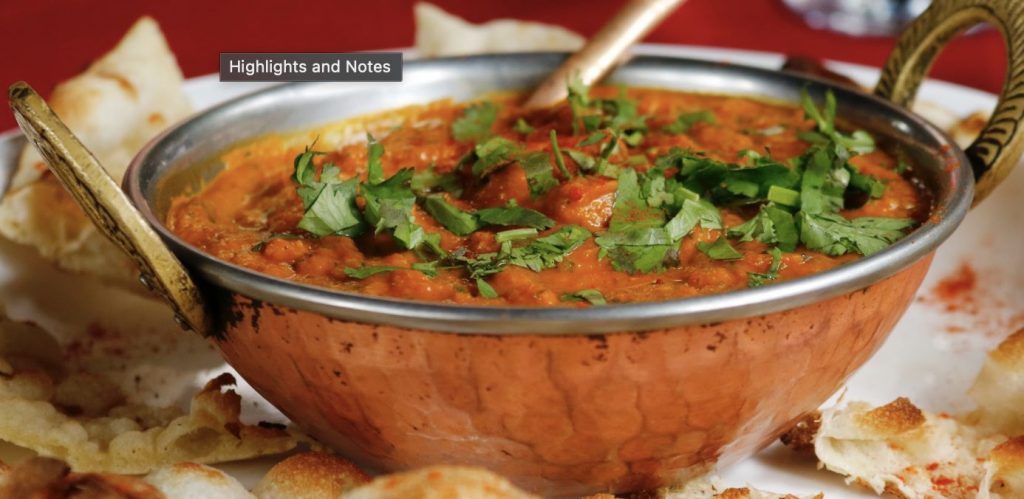A film review of “The Hundred-Foot Journey.”
By: Brian Lines
“Food is memory.” Indian food brings me memories of my childhood. When we lived in Kenya, my mother learned how to make dishes from the Indian cuisine because Indian spices were some of the only spices we could actually obtain. Plain rice and grilled sausage remind me of my father, and how he was always willing in my childhood to pull together a quick homemade meal late at night. A good pork carnitas taco gives me memories of my time in Southern California, where such fresh and heavily authentic Hispanic culture populates the cities. Food is memory.
In 2014, a movie adaptation of a novel by Richard Morais was about an Indian family fleeing violence in their home and coming to Europe in hopes of restarting their family restaurant in a new place. The film and novel are called “The Hundred-Foot Journey.” In the story, the Kadam family emigrates to France, and attempts to start up their own restaurant in a little countryside town.
The conflict develops when they realize they are right across the street (100 feet away) from a Michelin-star French restaurant. The story follows Hassan Kadam, a son of the Kadam family and the family’s main chef, as he tries to further his passion and knowledge of the culinary arts.
It would seem that the story is focused on the Michelin stars, the highest honor of achievement for French and other European restaurants, as Kadam works his way up to one star, to two stars, to maybe even three stars. And yet, the film continually brings itself back to its important themes of family, love and home.
This film has everything in it: realistic characters, complex family dynamics, trauma, violent nationalism, romance and most of all, food. This movie will not only make you hungry, but it will also give you a deeper understanding of the power of food and memory. Even if you have never eaten Indian or French food before, the colors, spices and textures will have your mouth watering. Every time I watch this film I can smell the food being cooked on screen.
From this point on in this article, there will be some spoilers for the film. While “The Hundred-Foot Journey” has its cheesy moments, it has some very serious and realistic moments too. We learn that one of the many things the Kadam family lost due to the violence in their home in India is their mother. At one point in the film, a group of nationalistic Frenchmen vandalize the Kadam’s restaurant and throw molotov cocktails into their kitchen.
Ultimately the film is all about Kadam trying to climb the ladder of success in the culinary world, then realizing that he has lost his identity in doing so. There is a moment near the end of the film where Kadam, being a famous chef in a top-class restaurant in Paris, is sitting with his depression at night in his kitchen realizing that he truly isn’t happy. He then hears someone in the space and finds another chef eating a late dinner. It just so happens that this other chef is from India and is eating a home cooked Indian meal, made with spices shipped from their home country. After sharing this meal with his fellow chef, Hassan breaks into tears as he realizes that what he is missing in his life are his identity and family. The food brings back Hassan’s memories. Food is memory. Foreshadowing this event, Hassan is the one who says that “food is memory” early in the film. I highly recommend “The Hundred-Foot Journey” to any and all.

